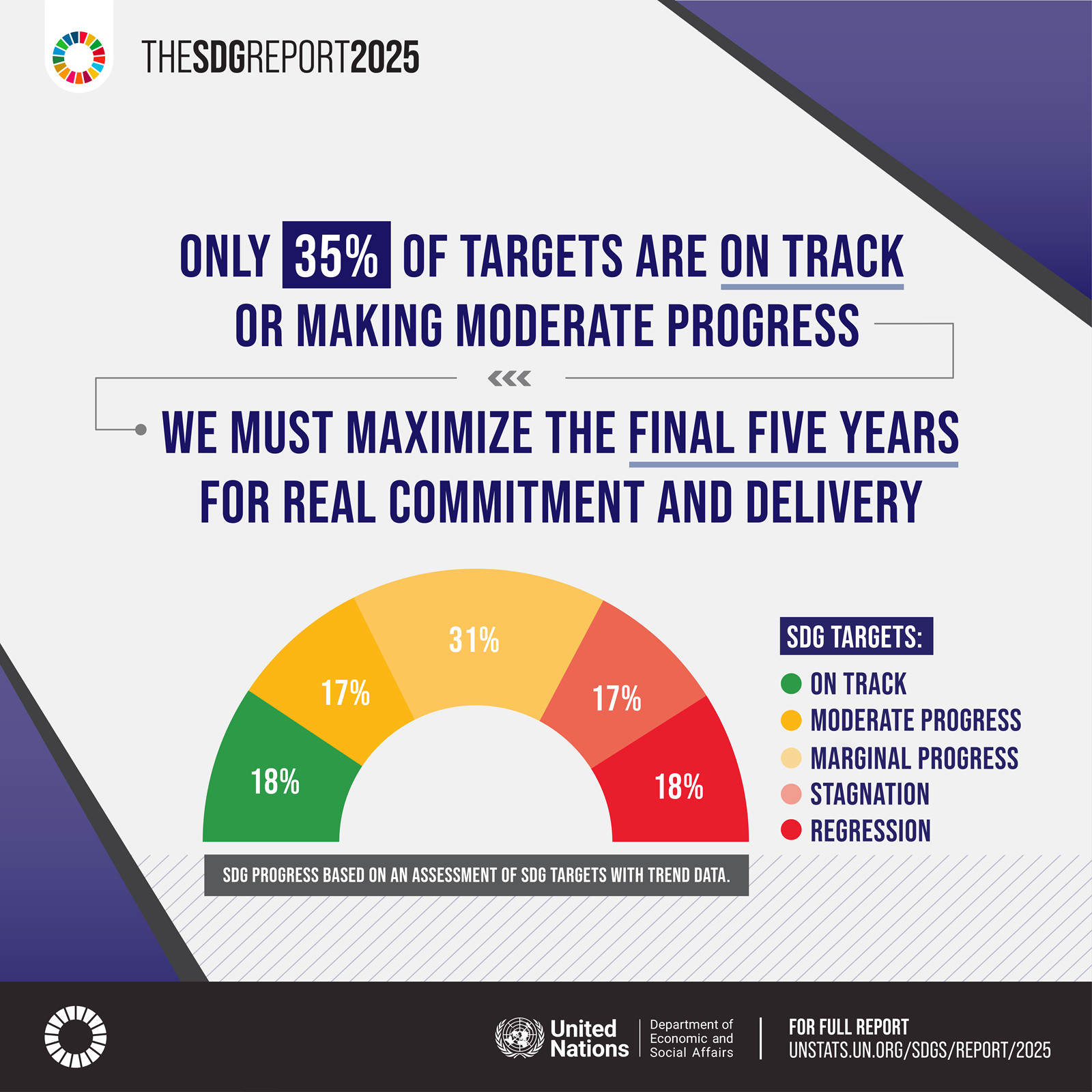Ten years after the Paris Agreement, household energy in East Africa is undergoing a slow but crucial transformation. While progress has been made in expanding electricity access, the region still relies heavily on biomass—wood, charcoal, and crop waste—for cooking. In Uganda and across the region, this dependence is not just an environmental concern—it’s a pressing health, gender, human rights, and
economic issue.
Biomass Dependency and the Burden on Women and
Children
More than 95% of Ugandan
households still rely on wood or charcoal for cooking (International Energy
Agency [IEA], 2023). Overall, in Sub-Saharan Africa, over 80% of the
population uses biomass as their primary cooking fuel (World Health
Organisation [WHO], 2023).
This reliance has profound gender implications. In most
households, women
and girls bear the burden of firewood
collection—walking long distances, often in unsafe areas, for up
to 10 hours each week (Green Grants Fund, 2012). This reduces time for
education and income-generating work and increases the risk of gender-based
violence.
Exposure
to smoke from open fires and inefficient stoves contributes to nearly 4
million premature deaths globally each year, with women and children
disproportionately affected (WHO, 2023). Children under five are particularly
vulnerable to pneumonia and other respiratory diseases, while pregnant women
face increased risks of low birth weight and maternal complications (UNFCCC,
2023a).
The Institutional and Commercial Firewood Demand
The burden of biomass is not
limited to households. In Uganda, schools, health facilities, and commercial
enterprises such as restaurants, brick kilns, and agro-processors consume large
volumes of firewood daily (IEA, 2023). This institutional demand places significant
pressure on forests and drives
up the price of firewood, making it increasingly unaffordable for
poor rural households (HeartFeldt Foundation, 2024).
A survey by EcoStove Uganda found
that firewood prices in some districts increased by over 40% between 2020
and 2024, partly due to bulk purchases by schools and hospitals (EcoStove
Uganda, 2024). As firewood becomes a commercial commodity, low-income families
are forced to travel further for collection, switch to more polluting
alternatives, or reduce their food intake. This affects nutrition levels for
children, the elderly and other vulnerable groups.
Uganda’s
Response: Clean Cooking Solutions and Gender Equity
Uganda is responding to this crisis with innovative programs focused on clean cooking:
- EcoStove Uganda has trained women entrepreneurs to distribute efficient stoves, helping households reduce wood use by up to 60% and saving over $800 annually on fuel (EcoStove Uganda, 2024).
- The Cookstove Project has installed over 28,000 improved stoves in rural Uganda, cutting smoke exposure and respiratory illness (Cookstove Project, 2024).
- The Uganda Biogas and Electric Cooking Project (UBEP), supported by the African Development Bank, will provide 77,000 electric cookers and install 47 institutional biogas systems in schools and health centres (AfDB, 2024).
- The Teso Women Briquettes Project trains women to make carbon-neutral briquettes from agricultural waste, reducing firewood dependence and offering new sources of income (UNFCCC, 2023b).
These programs not only reduce household air pollution but also lessen the firewood demand from institutions and commercial entities, easing market pressures and forest degradation.
Barriers and What’s Needed
Despite these successes, several
barriers remain: cultural resistance, lack of affordability, and infrastructure
challenges like poor electric grid access. The practice of “fuel stacking”,
where families use both modern and traditional fuels, continues due to
reliability concerns (WHO, 2023).
At
current rates, Sub-Saharan Africa is projected to account for the largest
portion of the 1.8 billion people still without clean cooking solutions (International Renewable Energy Agency [IRENA],
2025), underscoring the urgent need for more targeted interventions in the
region. But IEA and AfDB estimate that $4–8 billion annually is needed across
Africa to achieve universal access to clean cooking by 2030 (IEA, 2023; AfDB,
2024). Without institutional adoption—especially in schools and commercial
kitchens—household access alone will not be enough to control prices or emissions.
Conclusion
Ten years after Paris, household biomass remains a critical
challenge in Uganda and East Africa. It endangers health, fuels gender
inequality, and accelerates deforestation. Importantly, the institutional
and commercial consumption of firewood is now driving prices beyond what rural
households can afford, making clean energy adoption both a social and
economic imperative.
Programs in Uganda demonstrate what’s possible when clean
cooking is linked with gender empowerment, institutional reform, and market
transformation. But without stronger investment and systemic change, biomass
will continue to limit the potential of women, children, and communities across
the region.
References
- African Development Bank. (2024). Boosting clean cooking in Uganda. https://adf.afdb.org
- Cookstove Project. (2024). Uganda Clean Cooking Initiative. https://cookstoveproject.org/uganda
- EcoStove Uganda. (2024). EcoStove Impact. https://ecostoves.org/ecostove-impact
- Green Grants Fund. (2012). Ugandan women tackle climate change. https://www.greengrants.org
- HeartFeldt Foundation. (2024). Clean Cooking Uganda. https://heartfeldt.org/clean-cooking-uganda
- International Energy Agency. (2022). Africa Energy Outlook. https://www.iea.org
- International Energy Agency. (2023). Uganda 2023 country report. https://prod.iea.org
- International Renewable Energy Agency (2025). Tracking SDG7 I Progress towards Sustainable Energy. Chapter 2: Access to clean fuels and technologies for cooking: chapter2_access_to_clean_fuels_and_technologies_for_cooking.pdf
- Monitor Uganda. (2024). Reliance on firewood is hurting women. https://www.monitor.co.ug
- United Nations Framework Convention on Climate Change. (2023a). Women tackling rural poverty through energy efficiency. https://unfccc.int
- United Nations Framework Convention on Climate Change. (2023b). Teso Women Charcoal Briquettes Project. https://unfccc.int
- World Health Organisation. (2023). Clean Household Energy Report. https://www.who.int


No comments:
Post a Comment